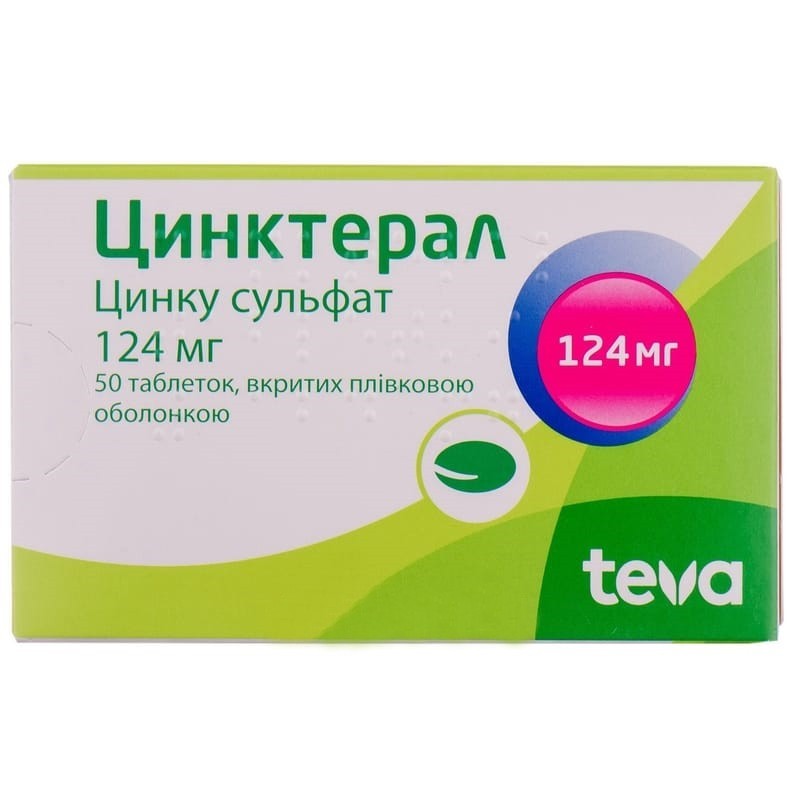



 Secure and encrypted payment processing
Secure and encrypted payment processing We ship to over 40 countries including the USA, UK, Europe, Australia and Japan
We ship to over 40 countries including the USA, UK, Europe, Australia and Japan Guaranteed refund or reship if you haven't received your order
Guaranteed refund or reship if you haven't received your orderZinc is one of the most important trace elements that make up many enzyme systems that regulate the basic metabolic processes, namely: it takes part in protein synthesis and carbohydrate metabolism. Zinc is necessary for the functioning of more than 200 metal enzymes (for example, carbonic anhydrase, carboxypeptidase a, alcohol dehydrogenase, alkaline phosphatase, RNA polymerase, etc.), as well as to maintain the normal structure of nucleic acids, proteins, and cell membranes. Zinc contributes to the growth and development of cells, the proper functioning of the immune system and the provision of an immunological response, twilight vision, taste and perception of smell. affects the maintenance of normal levels of vitamin A in the blood, prolongs the action of insulin and facilitates its accumulation. with inflammatory conditions of the skin has a preventive and therapeutic effect.
Pharmacokinetics Regardless of the zinc content in food, about 20–30% of zinc is absorbed in the duodenum and small intestine. The maximum concentration of zinc in blood plasma is achieved 2 hours after taking the drug. In the body, zinc accumulates mainly in white blood cells and red blood cells, as well as in muscles, bones, skin, kidneys, liver, pancreas and prostate gland, and retina. 60% of zinc binds to albumin, 30–40% to α2-macroglobulin, 1% with amino acids, mainly with histidine and cysteine. Zinc is excreted mainly with feces (90%), to a lesser extent with urine and sweat.
Treatment of zinc deficiency caused by malnutrition, violation of the micronutrient absorption process, absorption or increased loss of the body, observed in the following conditions: alcoholism, burns, liver cirrhosis, diabetes mellitus, anorexia, bulimia, conditions after gastric resection, and genetic diseases (down syndrome, enteropathic acrodermatitis, sickle cell anemia, thalassemia), hemodialysis, chronic infections caused by decreased reactivity of the immune system, parasitic intestinal invasions, weeks pancreatic residuals, pancreatic cystic fibrosis, kidney diseases (nephrotic syndrome, renal failure), intestinal diseases (celiac disease, Crohn’s disease, steatorrhea, ulcerative colitis), short bowel syndrome, skin diseases (exfoliative dermatitis, psoriasis), prolonged stress, herbs diets.
The drug is prescribed for adults and children over the age of 4 years. usually taken 1 hour before or 2 hours after eating, as many foods interfere with zinc absorption. if there are symptoms of irritation from the gastrointestinal tract, the drug can be taken with food, but in this case its bioavailability may decrease.
Adults are prescribed 1-2 tablets per day. Children over 4 years of age and adolescents are prescribed 1 tablet per day.
The duration of the course of treatment is determined by the doctor individually, depending on the degree of clinically proven zinc deficiency and the achieved therapeutic effect.
Hypersensitivity to the components of the drug.
Sometimes there may be disorders of the gastrointestinal tract (nausea, dyspepsia, heartburn); hematological disorders caused by copper deficiency, including leukopenia (fever, chills, sore throat), neutropenia (ulcers in the mouth and throat), sideroblastic anemia (fatigue, weakness); headache and metallic taste in the mouth.
When using preparations containing zinc, it is necessary to take into account the risk of copper deficiency.with a diet rich in fibrin (for example bran), phosphates (for example dairy products), full grain bakery products and phytinates, zinc absorption is reduced due to the formation of complexes. the interval between the use of the above products and taking zinc preparations should be at least 2 hours.
During pregnancy and breastfeeding.
Zinc crosses the placental barrier and is excreted in breast milk. During pregnancy, the drug is used only in cases where, according to the doctor, the benefit to the mother outweighs the potential risk to the fetus. It is necessary to prescribe the drug with caution during lactation.
Children. The drug is used in children over the age of 4 years.
The ability to influence the reaction rate when driving vehicles or working with other mechanisms.
Zinc salts do not affect the rate of psychomotor reactions.
Zincteral reduces the absorption of tetracyclines and inhibits the absorption of copper (when using zinc in high doses), so it should be taken no earlier than 2 hours after taking these drugs.
Thiazide diuretics enhance the excretion of zinc in the urine.
Folic acid slightly affects the absorption of zinc.
With oral administration of iron in high doses, penicillamine and other chelating agents, zinc absorption is reduced. The interval between the use of these drugs and zinc salts should be at least 2 hours.
When multivitamin preparations with minerals containing zinc are used simultaneously with Zincteral, the possibility of an overdose must be considered.
May include: burning in the mouth and throat, watery or bloody diarrhea, painful urge to defecate, belching, arterial hypotension (dizziness), jaundice, pulmonary edema (chest pain, difficulty breathing), vomiting, hematuria, anuria, collapse, cramps hemolysis.
In the event of the above symptoms, it is necessary to drink milk or water, and then administer i.v. or i.v.
At a temperature of 15–25 ° C.